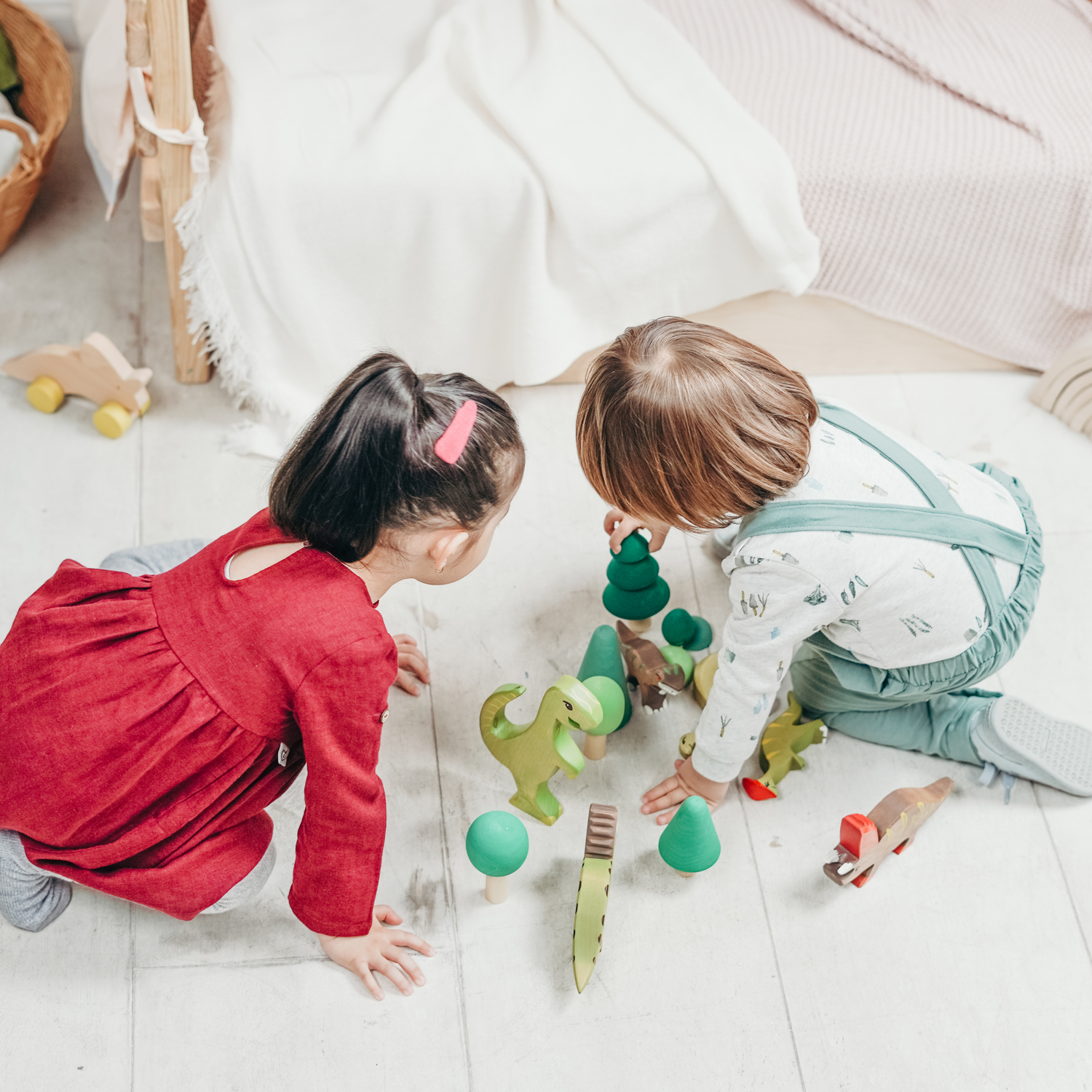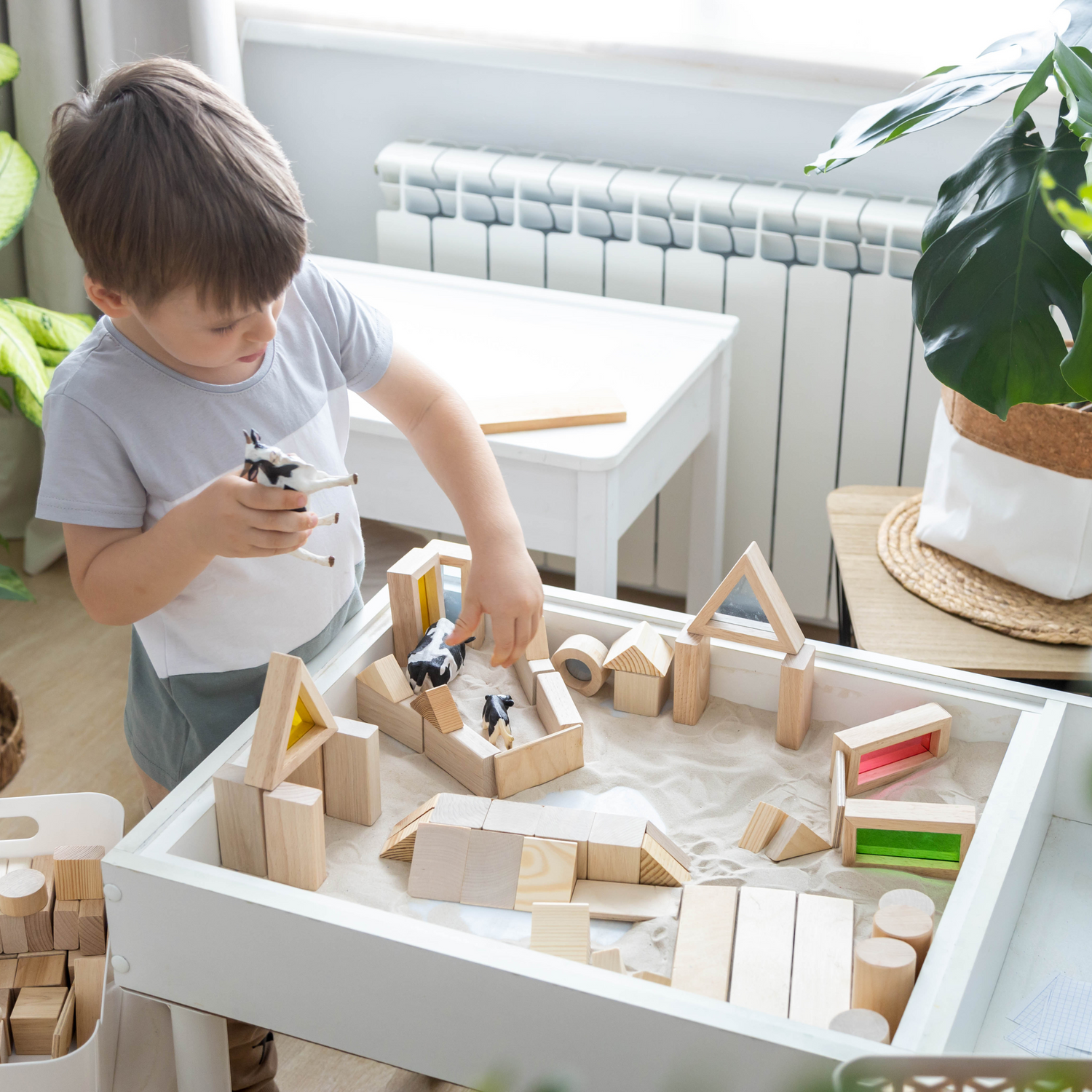Introduction: In the bustling world of parenting, toys are often seen as mere distractions. However, the role they play in a child’s development is profound and multifaceted. From fostering cognitive skills to enhancing social interaction, the right toys can be powerful tools. This blog post explores why children's toys are essential for development and how parents can make informed choices when selecting toys.
Understanding the Role of Play in Development: Play is not just a leisure activity; it is a crucial aspect of childhood that helps children learn about the world around them. Through play, children develop language skills, emotional intelligence, creativity, and physical abilities. It’s through this interaction that toys become more than just playthings; they become the instruments of developmental milestones.
Cognitive Benefits of Play: Toys that encourage problem-solving and exploration, like puzzles and building blocks, promote critical thinking and cognitive flexibility. These toys help children learn to recognize patterns, solve problems, and think abstractly. Engaging with these toys regularly can boost intellectual growth and prepare children for academic challenges.
Social and Emotional Development: Social play is vital for teaching children about communication, negotiation, and empathy. Toys that encourage group play, such as board games and outdoor sports equipment, require children to cooperate and understand different perspectives. Additionally, dolls and stuffed animals can be pivotal in role-playing activities that allow children to process their feelings and develop empathy.
Physical Development: Physical play with toys like balls, jump ropes, and bikes is essential for developing gross motor skills. These toys help children gain muscle control, balance, and coordination. Similarly, toys that require fine motor skills, such as crafting kits and action figures, enhance dexterity and hand-eye coordination.
Choosing the Right Toys:
- Age Appropriateness: Select toys that match your child's developmental stage to ensure safety and engagement.
- Educational Value: Look for toys that offer a learning component—whether it’s teaching numbers, letters, science concepts, or critical thinking skills.
- Play Longevity: Invest in toys that can grow with your child, offering multiple uses and ways to play.
The Role of Parents in Play: While it’s important to choose the right toys, parental involvement is equally crucial. Playing with your child not only strengthens your bond but also enhances the learning experience, as you guide them through complex tasks and social interactions.
Conclusion: Toys are fundamental tools in a child's development. They build more than just skills; they build memories and foundational capabilities that last a lifetime. By understanding the importance of play, parents can choose toys that not only entertain but also educate and develop young minds.
Call to Action: Explore our wide selection of developmentally appropriate toys designed to empower your child’s growth through play. Visit ThinkerToys today and discover how the right toys can make a significant difference in your child's life!





